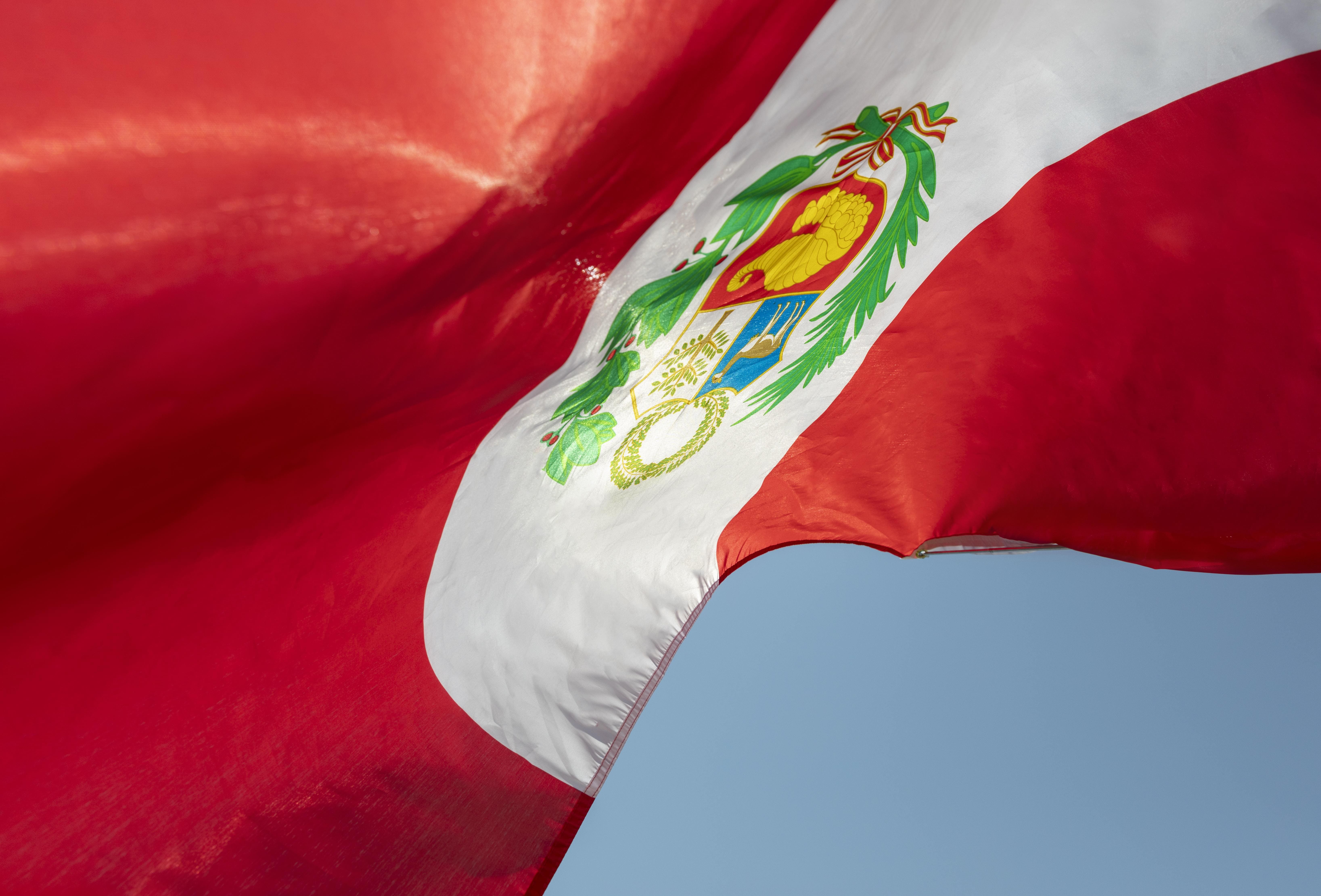The US investor visa, also known as EB-5 visa, is a type of immigration visa that allows foreign investors to permanently live and work in the United States. This visa category was created as part of the Immigration Act of 1990 and provides a path to U.S. residency for individuals who invest a minimum of $1.05 million (or $800,000 in targeted employment areas) into a new commercial enterprise that creates or preserves at least 10 full-time jobs for U.S. workers. The investment must be at-risk and actively managed by the investor. Successful applicants and their immediate family members can obtain green cards, allowing them to reside and work in the U.S. indefinitely.
Contents
E-2 Visa
The E-2 visa is a type of nonimmigrant visa that allows foreign nationals to enter the United States to develop and direct a business in which they have invested a substantial amount of capital. This visa category is designed for individuals who are citizens of countries with which the U.S. has a treaty of commerce and navigation, and is typically granted for two to five years, with the option for unlimited renewals as long as the business continues to operate.To be eligible for an E-2 visa, the foreign national must prove that they have invested, or are in the process of investing, a substantial amount of capital into a new or existing business in the U.S. The E-2 visa holder must also demonstrate that the business is a bona fide enterprise and not solely for the purpose of obtaining a visa. E-2 visa holders and their dependents can also study and travel freely in the U.S. while the visa is valid.
US Investor Visa
Area invested inEB-5 Immigrant Visas Set-Aside Each Fiscal YearRural Area20%High Unemployment Area10%Infrastructure Project2%The investor visa USA application process consists of several steps, including the following for regional center investments:

*Visa Franchise only advises on direct investments into franchises
Exceptions and Limitations for EB-5:
Annual quotas:
There is an annual quota of 10,000 EB-5 visas available each year, with a set number reserved for investments in targeted employment areas (TEAs). This means that not all applicants will be able to obtain an US investor visa each year.
Job creation requirement:
The EB-5 visa requires the creation of at least 10 full-time jobs for U.S. workers within two years of the grant of conditional permanent residency. This requirement can be challenging for some investors, especially for those who are investing in smaller or start-up businesses.
Investment amount:
The minimum investment amount for the EB-5 visa is $1.05 million (or $800,000 in targeted employment areas), which may be a barrier for some investors.
Source of funds:
The investor visa USA requires that the investment capital be obtained from lawful sources. This means that the funds must be derived from legitimate, verifiable sources and must not be obtained through illegal or unethical means.
Due diligence:
The EB-5 visa application process includes extensive due diligence, including background checks and financial assessments, to ensure that the investment meets the requirements of the program and that the investor is a bona fide entrepreneur.
Regional center investment:
The US investor visa allows for investment through regional centers, which are designated entities that pool capital from multiple investors to finance commercial enterprises. However, the regional center investment carries additional risks, including the possibility of fraud or mismanagement, and it is important for investors to carefully evaluate the regional center and its projects before investing.

The E-2 Visa Application Process Consists of Several Steps, Including the Following:
Determine eligibility:
The first step in obtaining an E-2 visa is to determine if you are eligible. The E-2 visa is available to citizens of countries that have a treaty of commerce and navigation with the United States, and you must be coming to the U.S. to engage in substantial trade or investment.
Establish a qualifying business:
The next step is to establish a qualifying business in the U.S. The business must be owned and controlled by the treaty investor, and it must have the potential to generate sufficient income to support the investor and their dependents.
Prepare a comprehensive business plan:
The third step is to prepare a comprehensive business plan that outlines the nature of the business, the market and industry, the sources of capital, the management structure, and the projected financial performance. The business plan should also demonstrate that the investment is substantial and at risk.
File Form DS-160:
After the business plan has been prepared, the next step is to file Form DS-160, Online Nonimmigrant Visa Application, with the U.S. Department of State. This form is used to provide information about the applicant and the purpose of their trip to the U.S.
Attend a visa interview:
The next step is to attend a visa interview at a U.S. consulate or embassy. During the interview, the consular officer will review the applicant's business plan and assess the viability of the business, the likelihood of success, and the investor’s ability to support themselves and their dependents.
Receive visa approval:
If the visa interview is successful, the next step is to receive visa approval. The approved visa will be stamped in the applicant’s passport, and they will be authorized to travel to the U.S.
Enter the U.S.:
The final step in the E-2 visa process is to enter the U.S. Upon arrival, the investor must present their passport and visa to a Customs and Border Protection officer, who will determine the length of stay and issue an I-94 Arrival/Departure Record.
Timeline for Investor Visa USA:

Exceptions and Limitations for E-2 Visa:
Treaty country requirement:
The E-2 visa is only available to citizens of countries that have a treaty of commerce and navigation with the United States. This means that citizens of countries that do not have a treaty with the U.S. are not eligible for the E-2 visa.
Substantial investment requirement:
The E-2 visa requires a substantial investment in a qualifying business in the U.S. The investment must be sufficient to ensure the successful operation of the business and must not be marginal.
Active involvement in the business:
The E-2 visa requires that the investor be actively involved in the management and day-to-day operations of the business. This means that the investor cannot simply invest their capital and then remain in the U.S. without actively managing the business.
Continuous and lawful presence in the U.S.:
The E-2 visa requires that the investor maintain a continuous and lawful presence in the U.S. and that they depart the country if their business fails or if they are otherwise no longer eligible for the visa.
Limited dependant eligibility:
Dependents of the investor, including spouses and children, may accompany the investor to the U.S. on an E-2 visa. However, dependents are not eligible to work in the U.S. unless they obtain a separate work visa.
Renewal and extension:
The E-2 visa is a nonimmigrant visa and is typically granted for a two-year period, with the possibility of renewal and extension in two-year increments. However, there is no guarantee that the visa will be renewed or extended, and the investor must meet all eligibility requirements for each renewal and extension.

Differences Between the E-2 Visa and EB-5:
The E-2 visa and US investor visa are two distinct immigration programs that allow foreign investors to live and work in the United States. The main differences between the two visas are:

The Following are Some Potential Future Policy Changes for Both E-2 and EB-5 Visas:
Investment amount:
The investment amount required for EB-5 visas may increase, as there have been calls to raise the minimum investment amount to better reflect the cost of living and doing business in the U.S.
Job creation requirements:
The job creation requirements for EB-5 visas may become more stringent, with a greater emphasis on creating high-quality, well-paying jobs for U.S. workers.
Treaty country requirements:
The treaty country requirements for E-2 visas may change, as new treaties may be signed or existing treaties may be amended. This could potentially impact the eligibility of citizens from certain countries for the E-2 visa.
Processing time:
The processing time for both E-2 and EB-5 visas may become longer, as the U.S. government may increase security and background checks to prevent fraud and abuse.
Adjudication standards:
The standards used to adjudicate E-2 and EB-5 visas may become more stringent, with a greater emphasis on ensuring that applicants meet all eligibility requirements and that their investments and businesses are genuine and sustainable.
Conclusion
In conclusion, the EB-5 and E-2 visas offer unique opportunities for foreign investors and entrepreneurs to live and work in the United States. The investor visa USA allows investors to obtain permanent residency by investing in a U.S.-based commercial enterprise that creates jobs, while the E-2 visa allows investors to live and work in the U.S. by investing in a qualifying business.
Both visas have specific requirements, including investment amount, job creation, and active involvement in the business.

Differences Between the E-2 Visa and EB-5:
Investment amount:
The investor visa USA requires a minimum investment of $1.05 million (or $800,000 in targeted employment areas) into a new commercial enterprise that creates or preserves at least 10 full-time jobs for U.S. workers. The E-2 visa, on the other hand, requires a substantial investment of capital into a new or existing business, but there is no specific minimum investment amount.
Citizenship:
The EB-5 visa provides a path to permanent residency (green card) and ultimately, U.S. citizenship, while the E-2 visa is a nonimmigrant visa that does not lead to permanent residency.
Job creation:
The EB-5 visa requires the creation of at least 10 full-time jobs for U.S. workers, while the E-2 visa has no specific job creation requirements.
Treaty requirement:
Only citizens of countries with which the U.S. has a treaty of commerce and navigation are eligible for the E-2 visa, while the EB-5 visa does not have this requirement.
Processing time:
The processing time for an EB-5 visa can be longer, as there is a limited number of visas available each year and a significant backlog of applicants. The processing time for an E-2 visa is typically shorter, as there is no annual limit on the number of visas available.
Renewal:
Investors can renew the E-2 visa indefinitely as long as the business continues to operate, while the EB-5 visa leads to permanent residency after a certain period of time.
Purpose of investment:
The E-2 visa is designed for individuals who are actively involved in developing and directing their business, while the EB-5 visa is designed for passive investments in commercial enterprises that create jobs.

Discover if you qualify to invest in a thriving U.S. franchise and secure your E-2 visa.
Check your eligibility
More Insights You Might Like
Explore related articles packed with expert advice, real stories, and practical tips to support your U.S. visa and relocation journey.





